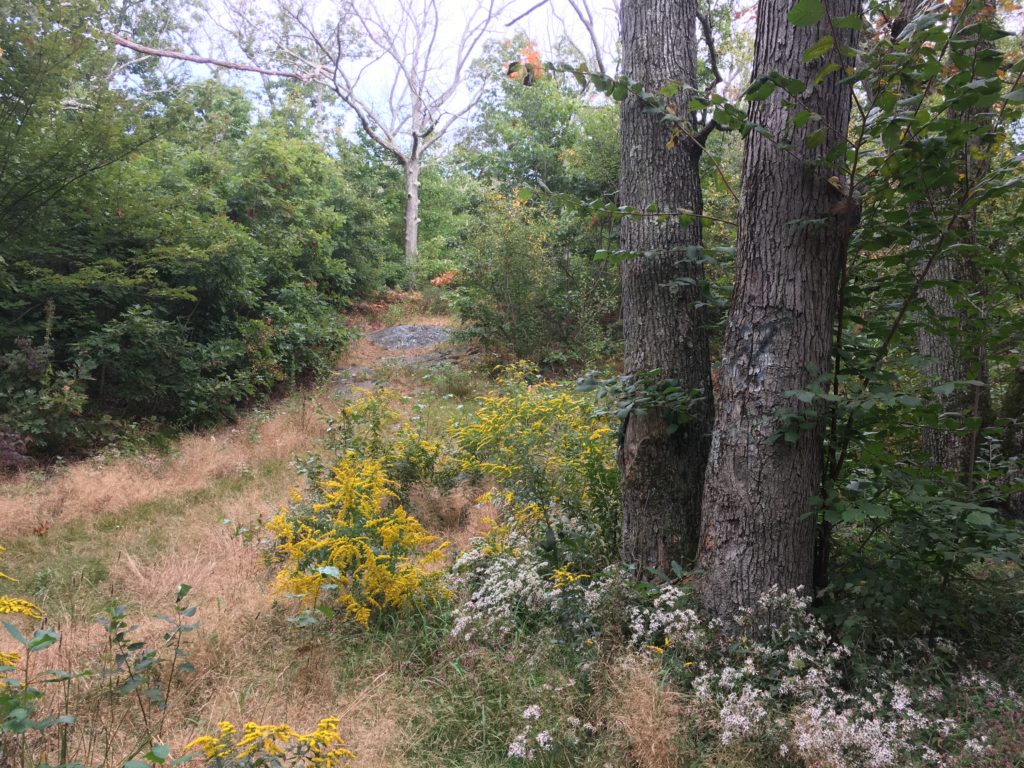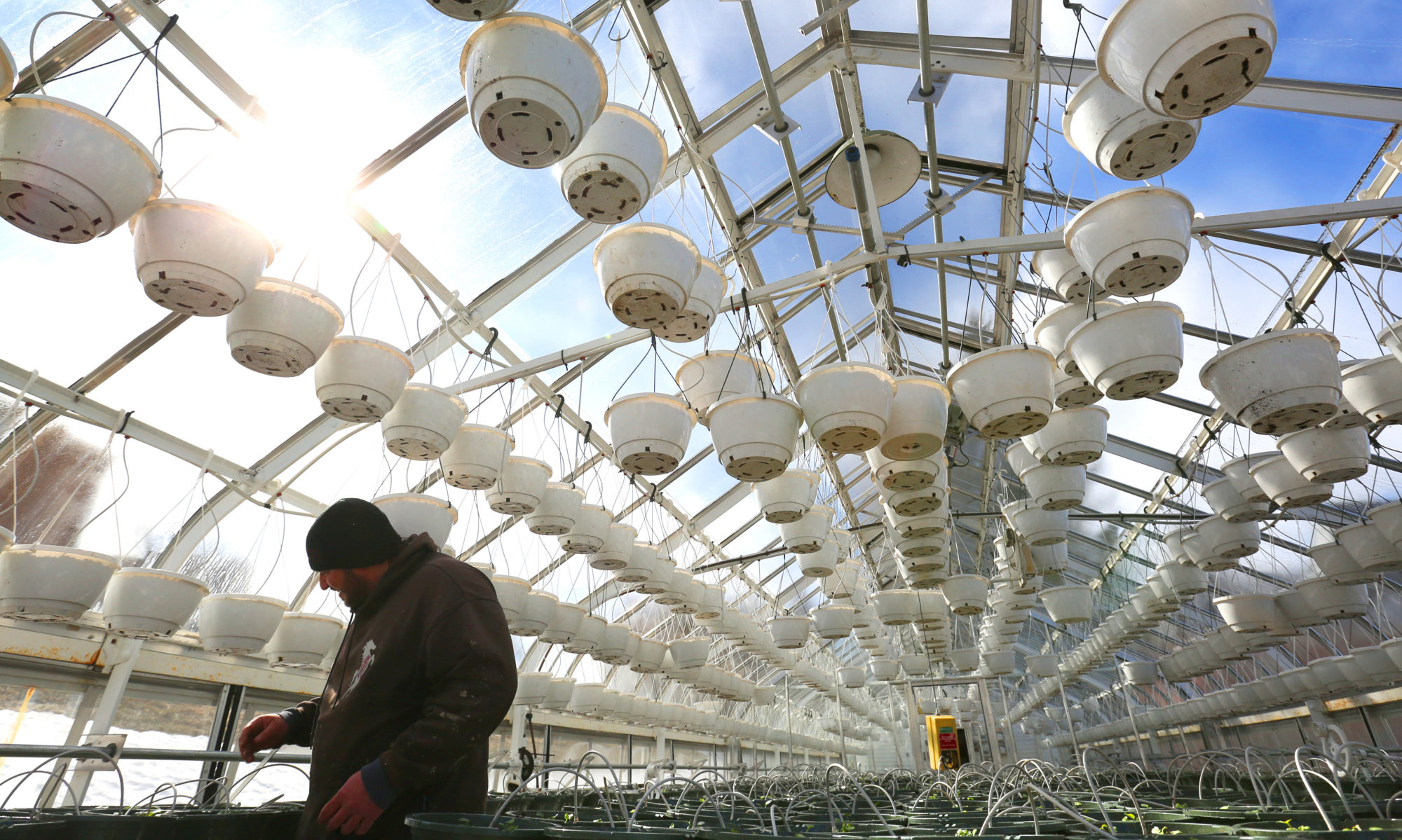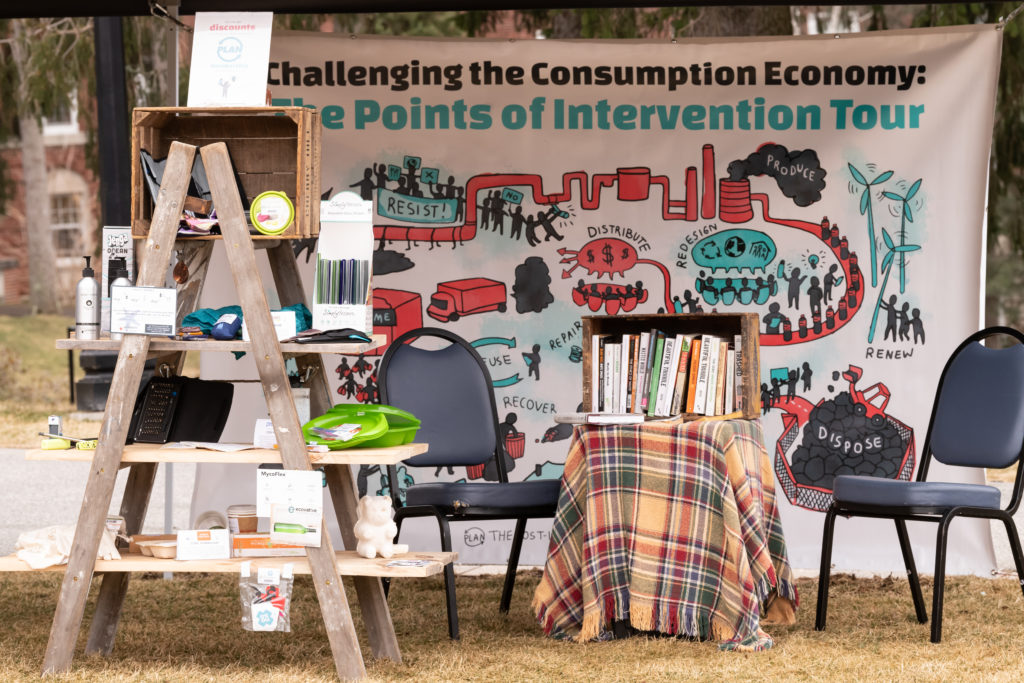Do you have something that interests you? That drives you? That inspires you? Do you know where to turn for support to engage with your ideas? Or, do you wonder how to filter through the multiple Holy Cross opportunities to pursue such interests boldly? Have you considered becoming an Ignite Fund Project-Based Learning Fellow?
As an Ignite Fund Project-Based Learning Fellow, I pursued my passion for the environment within the Worcester community through a project at Cookson Field. Initially, my Ignite Fund project began as a component of my College Honors thesis as I knew that I wanted to conduct field research while at Holy Cross. Soon after realizing that I wanted to incorporate fieldwork into my thesis, I began brainstorming locations for this research, and Cookson Field immediately came to mind due to the park’s proximity to campus (it’s a five minute walk away!).

The Ignite Fund Project-Based Learning Fellowship is directed at students interested in connecting their academic interests with real-world problem-solving. The process to become an Ignite Fellow is straightforward. First, come up with a rough project idea and schedule a meeting with the director of the J.D. Power Center for a preliminary discussion of the project concept. Then, complete a short online application explaining the project, its connection to your Holy Cross coursework, and the budget (the applications are accepted three times throughout the year, so keep a look out for those dates). If the project receives approval, the only other steps (besides completing the project) include spending the funds within the six months in which they were approved and submitting a final report to the J.D. Power Center.
Through my fellowship experience, I gained invaluable skills in both grant writing, designing a community project, and collaborating with local organizations and agencies (e.g. Worcester Parks Department). I encourage students to think about all the possibilities the Ignite Fund and similar opportunities at Holy Cross hold as they continue to explore their curiosity and passions here on the Hill!
Written by Raphaella Mascia ‘21

